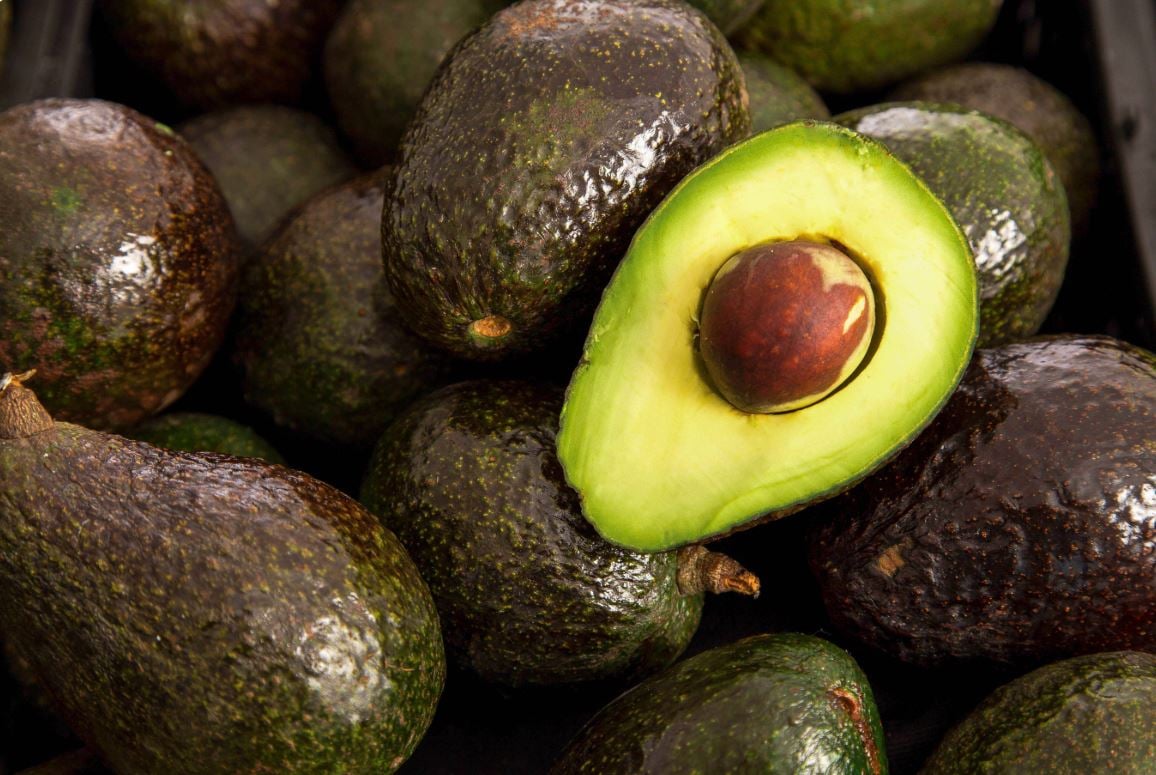Mexico City — The federal government has formally initiated a deforestation-free agro-export program, with avocado as its primary focus. This project will concentrate on the entire avocado production chain, from planting and crop management to harvesting, packing, and export, ensuring dignified labor conditions and compliance with phytosanitary regulations.
Mexico is the world's leading producer of this fruit, with nearly 3 million tons annually, and exports primarily to countries such as the United States, Canada, Japan, and Spain. According to the United States Department of Agriculture, sales of Mexican avocado are estimated to reach $4 billion by the end of 2025.
Other products will be progressively incorporated into the federal program, with berries expected to be the next addition, as they are another fruit in high demand abroad. The program will be implemented by the Secretariats of Agriculture and Rural Development (Sader), Labor and Social Welfare (STPS), Environment and Natural Resources (Semarnat), and the Mexican Social Security Institute (IMSS).
Avocado production faces challenges such as deforestation and labor informality. According to Semarnat, approximately 20,000 hectares were identified as deforested between 2018 and 2024 to establish avocado orchards, some through deliberately set fires. Furthermore, it is a crop with high water demand, and its uncontrolled expansion severely affects ecosystems.
The agreement published in the Official Journal of the Federation, effective as of yesterday, establishes actions to guarantee that exported avocado agricultural products and byproducts are cultivated on deforestation-free land, comply with phytosanitary requirements, and that workers operate under dignified conditions, completely excluding child labor. This will allow agricultural day laborers to gain access to IMSS social security benefits.
Additionally, the agreement indicates that a Technical Commission must be established, comprising the heads of the aforementioned Secretariats, who may designate a substitute to participate in sessions in their absence. This body must be established within the next 30 business days and will hold ordinary sessions at least four times a year.
The document states that within the following 60 days, the agencies and the IMSS will issue administrative provisions to establish the operational mechanics and procedures according to their responsibilities, with the objective that the relevant provisions begin application starting April 1, 2026.
Discover more from Riviera Maya News & Events
Subscribe to get the latest posts sent to your email.
